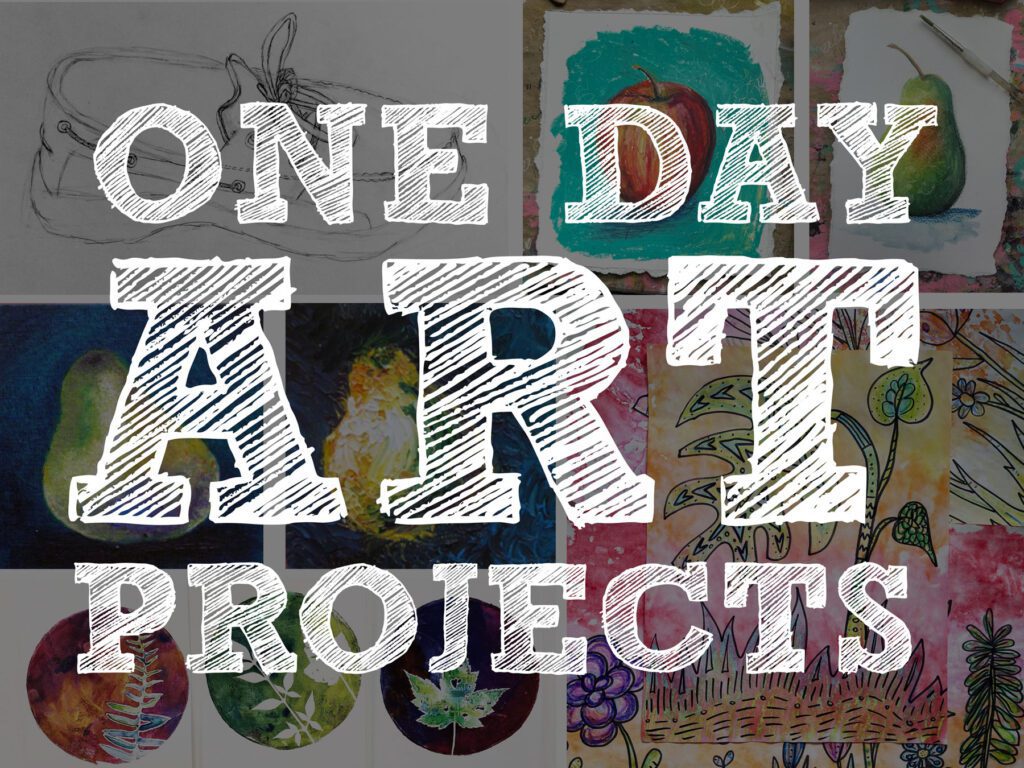
Introducing students to new art techniques can feel overwhelming to students (and to teachers!). I often feel like we spend so much time on the basics and working in sketchbooks there is less time to create projects and displayable works of art. One effective method is through a one day art project that allows students to explore and practice these techniques without hiding them in a sketchbook or the pressure of a larger, more time-consuming project.
These mini-art projects not only count as participation grades but also result in display-worthy and take-home works of art. Check out some of my favorite one day art projects that teach a range of techniques below.
Why One Day Art Projects?
One day art projects offer several benefits:
- Low Pressure: Students can experiment and learn new techniques without the stress of a large project.
- Quick Feedback: Teachers can quickly assess students’ understanding and provide immediate feedback.
- High Engagement: The short duration keeps students engaged and focused.
- Skill Building: Students can build techniques that they can apply to larger projects later
- Displayable: These mini works of art aren’t hidden inside a sketchbook. Put them on display in class groupings.
Key Techniques and Projects
1. Contour Line Warm-Up
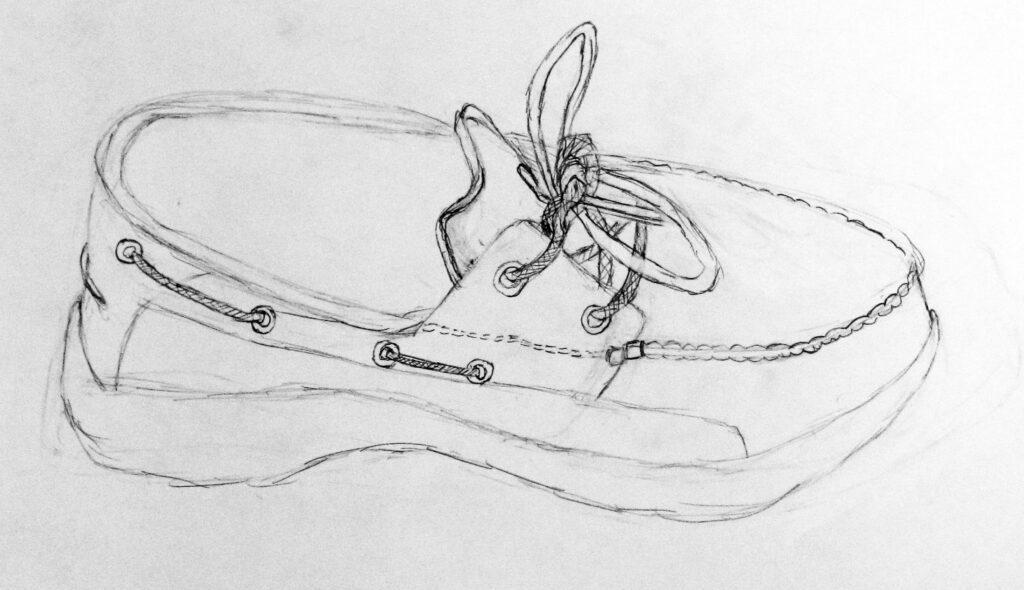
Objective: Practice drawing from life with a continuous contour line.
- Materials: Paper (11”x14” or 16”x20”), pencils.
- Subject: Shoes or still life animal skulls placed in front of students.
- Instructions:
- Place the object in front of each student.
- Instruct them to draw the object using a continuous line without lifting the pencil for the basic shape, details can be added after the main shape is created.
- Emphasize filling the entire page.
This activity lays the base understanding of drawing from life and creating contour line drawings. From here continue to build in more drawing techniques. I have students create detailed backpack drawings as a follow-up project. After focusing on contour lines I move to shading practice before students dive into a portrait drawing project that uses contour line and shading techniques together.
Check out this lesson on my TPT here.
2. Pastel Introduction
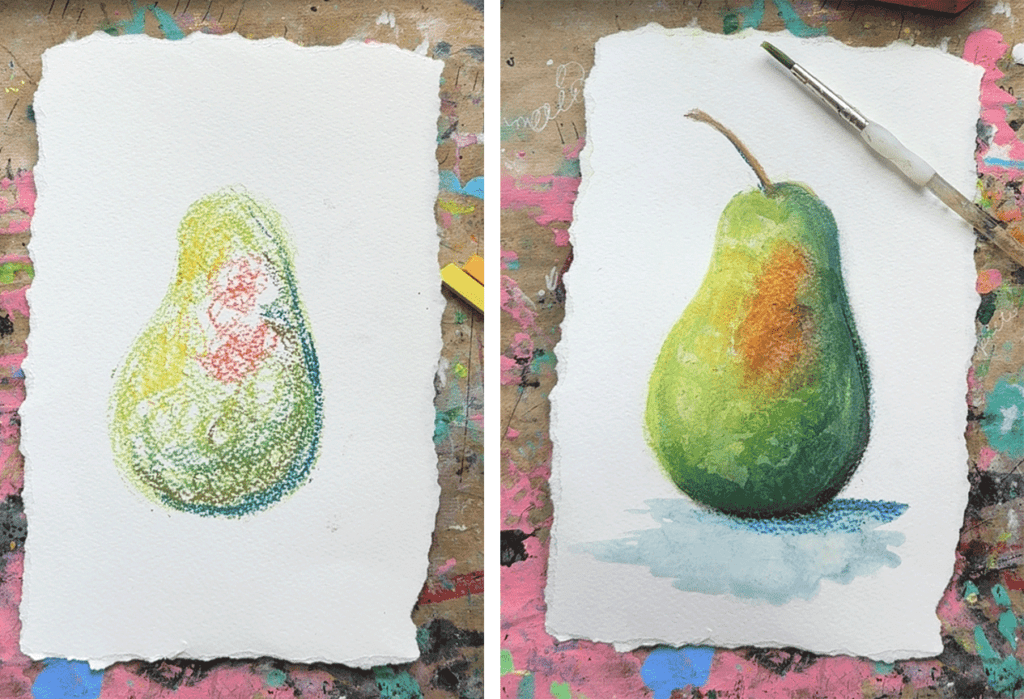
Objective: Explore pastel techniques such as blending, layering, erasing, and adding water.
- Materials: Pastels, paper (8”x10” or smaller).
- Subject: Simple objects like apples or pears.
- Instructions:
- Introduce the different ways to use pastels.
- Have students choose a simple object to draw.
- Require the use of multiple techniques in their drawing.
This project sets the stage for more in-depth pastel projects by familiarizing students with the medium. Check out the guide I have students follow here.
3. Oil Pastel Introduction
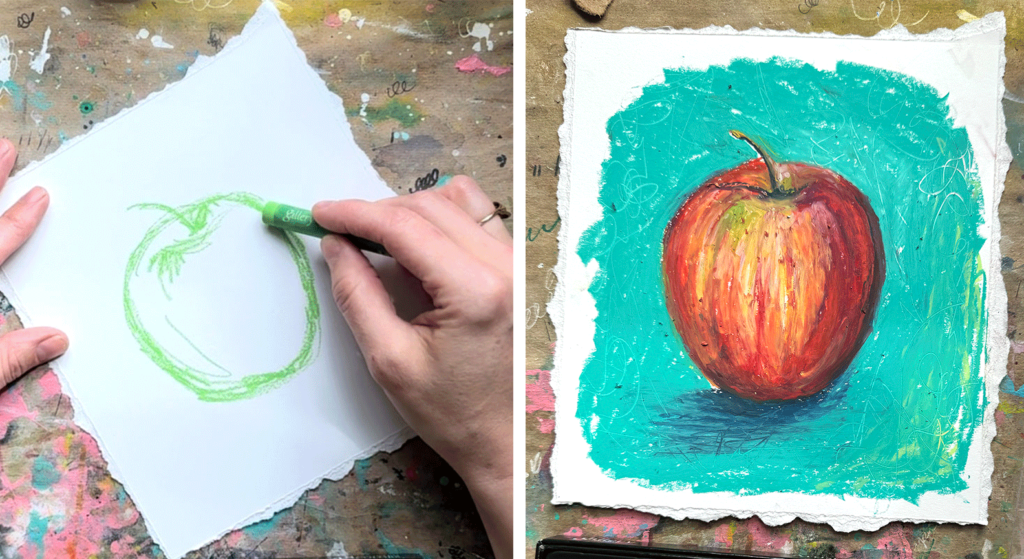
Objective: Practice layering, blending with oil or mineral spirits, and enhancing shadows and highlights.
- Materials: Oil pastels, paper (8”x10” or smaller).
- Subject: Simple objects like fruits.
- Instructions:
- Demonstrate how to layer and blend oil pastels.
- Students draw a simple object, focusing on technique.
- Encourage adding backgrounds and refining shadows and highlights.
After this introduction, students can progress to larger oil pastel projects or mixed media art projects. Check out the guide I have students follow here.
4. Painting Introduction
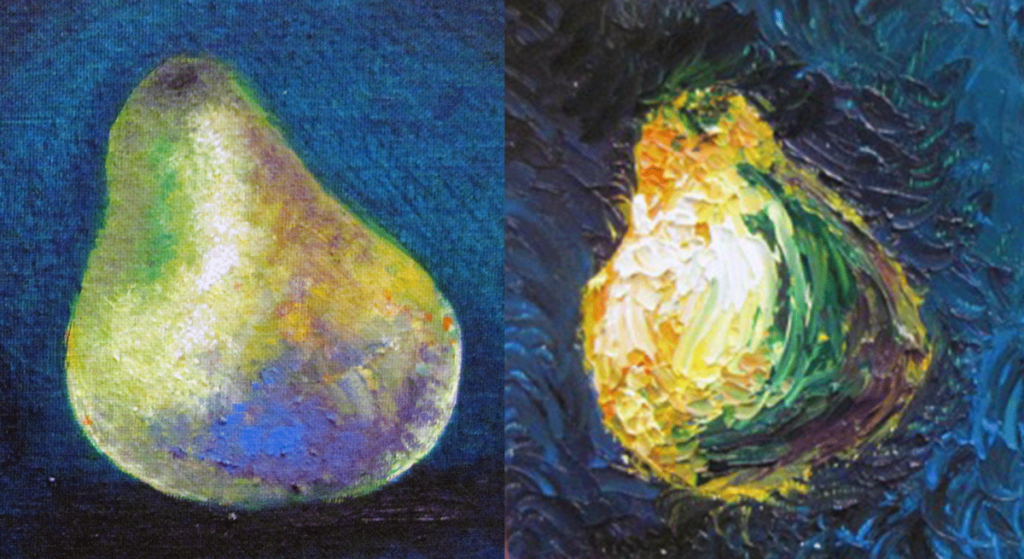
Objective: Compare brush and palette knife techniques in oil or acrylic painting.
- Materials: Oil or acrylic paints, canvas panel or cardboard (6”x6”), paintbrushes, palette knives
- Subject: Fruits like apples or pears.
- Instructions:
- Have students paint the same subject twice, once with a brush and once with a palette knife.
- Focus on building shadows and highlights in both paintings.
Displaying the two paintings side by side highlights the differences and similarities between the techniques, I love seeing an entire class of mini paintings hung together. From this activity move to a larger more in-depth painting project. Typically my students create an artist inspiration project, working in the style of an artist they choose and research. Check out this quick activity plus a sketchbook assignment here.
5. Printmaking & Watercolor
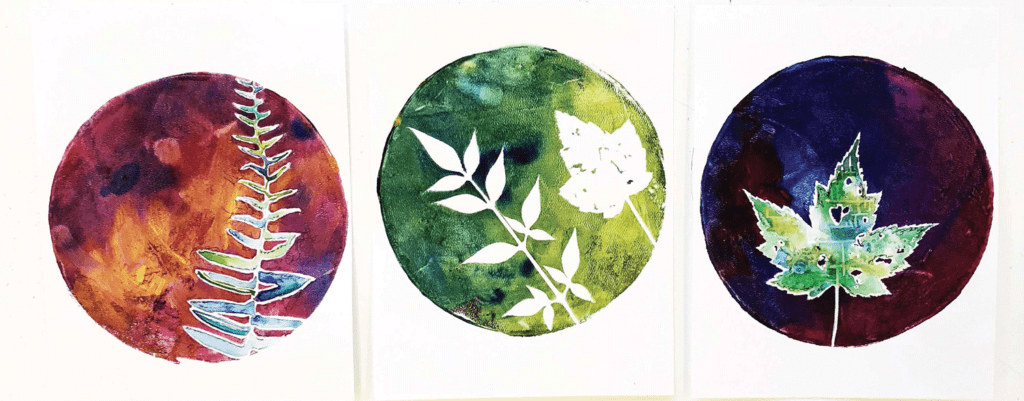
Objective: Combine gelli printing with watercolor techniques to learn the basics of watercolor.
- Materials: Gelli plates, leaves, acrylic paint, brayers, paintbrushes, watercolors, paper.
- Instructions:
- Create gelli prints using leaves.
- In the negative spaces of the prints, practice various watercolor techniques.
- Test out a range of techniques such as wet on wet, adding salt, using masking fluid or crayons, adding pen, creating gradients, and blending colors together.
This two-day project (one day for printing, one for painting) introduces students to both printmaking and watercolor, which opens the door to what project to do afterward. From here move on to a more in-depth watercolor project where they can apply the techniques learned here to a bigger painting or move to a longer gelli printing project. Read more in-depth about this one day art project in a blog post here.
6. Basic Printmaking
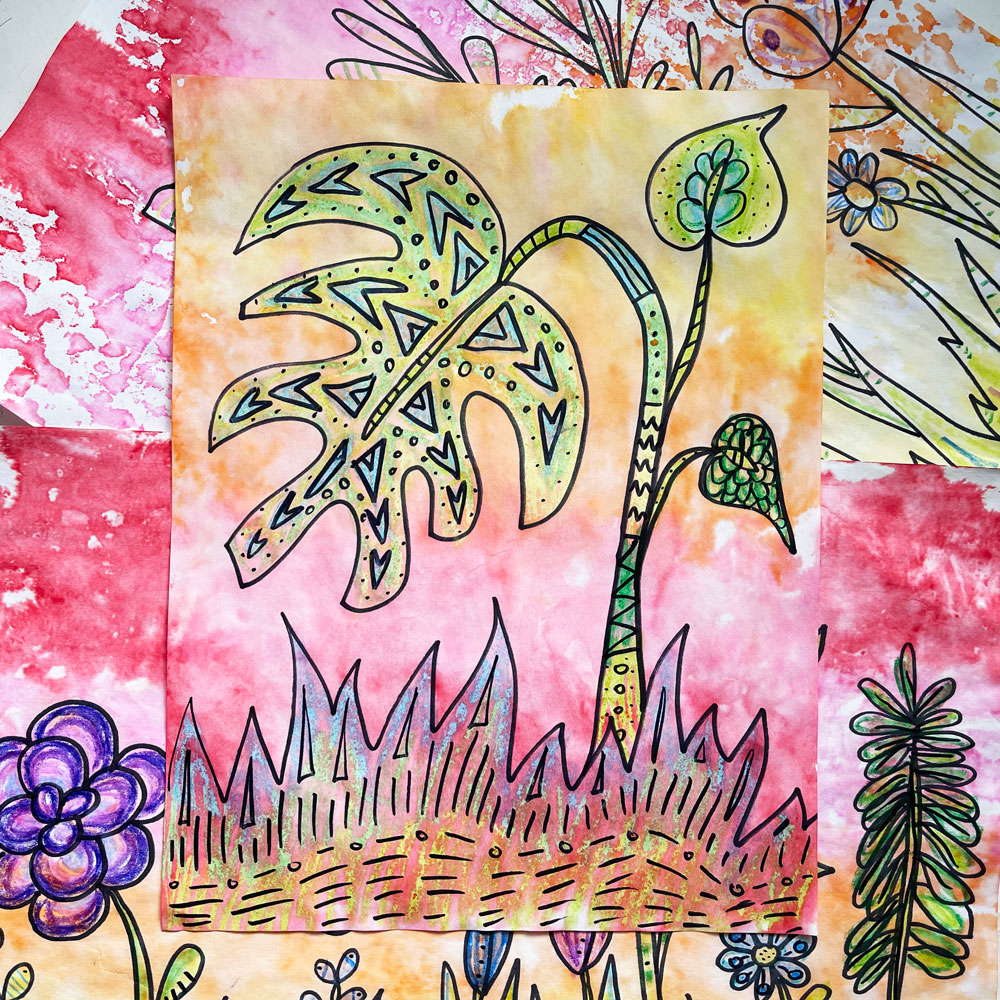
Objective: Introduce the concept of printmaking with a simple marker print.
- Materials: Sharpies, crayons, washable markers, foil, paper (8”x10” or smaller).
- Instructions:
- Have students draw a design with Sharpies and crayons on a small sheet of paper.
- Layer washable markers on foil
- Wet the paper with the drawing using a spray bottle.
- Lay the foil, marker side down, on the damp paper.
- Reveal the transferred marker print.
This activity is a great entry point into printmaking, paving the way for more complex techniques like scratch foam and relief printmaking. With elementary students have them create a larger marker print drawing of a garden after this art activity. Check out the one day art project pack here.
Conclusion
One day art projects are a fantastic way to introduce new techniques, engage students, and produce beautiful, display-worthy art. By focusing on small, manageable tasks, students can build confidence and skill in various mediums. Keep the subject matter simple and the size small to ensure success and encourage experimentation. With these projects, students will enjoy learning new techniques and administrators will be excited to see the school walls filled with artwork.
By incorporating these projects into your curriculum, you’ll create a dynamic and enriching environment that fosters creativity and skill development in your students.
Don’t forget to follow me on Instagram and TikTok (I have a few tutorials of these one-day art projects already in my feeds) for weekly visual journal demos and other project ideas. Subscribe here to get freebies, project tutorials, and more straight to your inbox. Until next time!
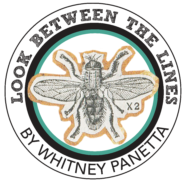
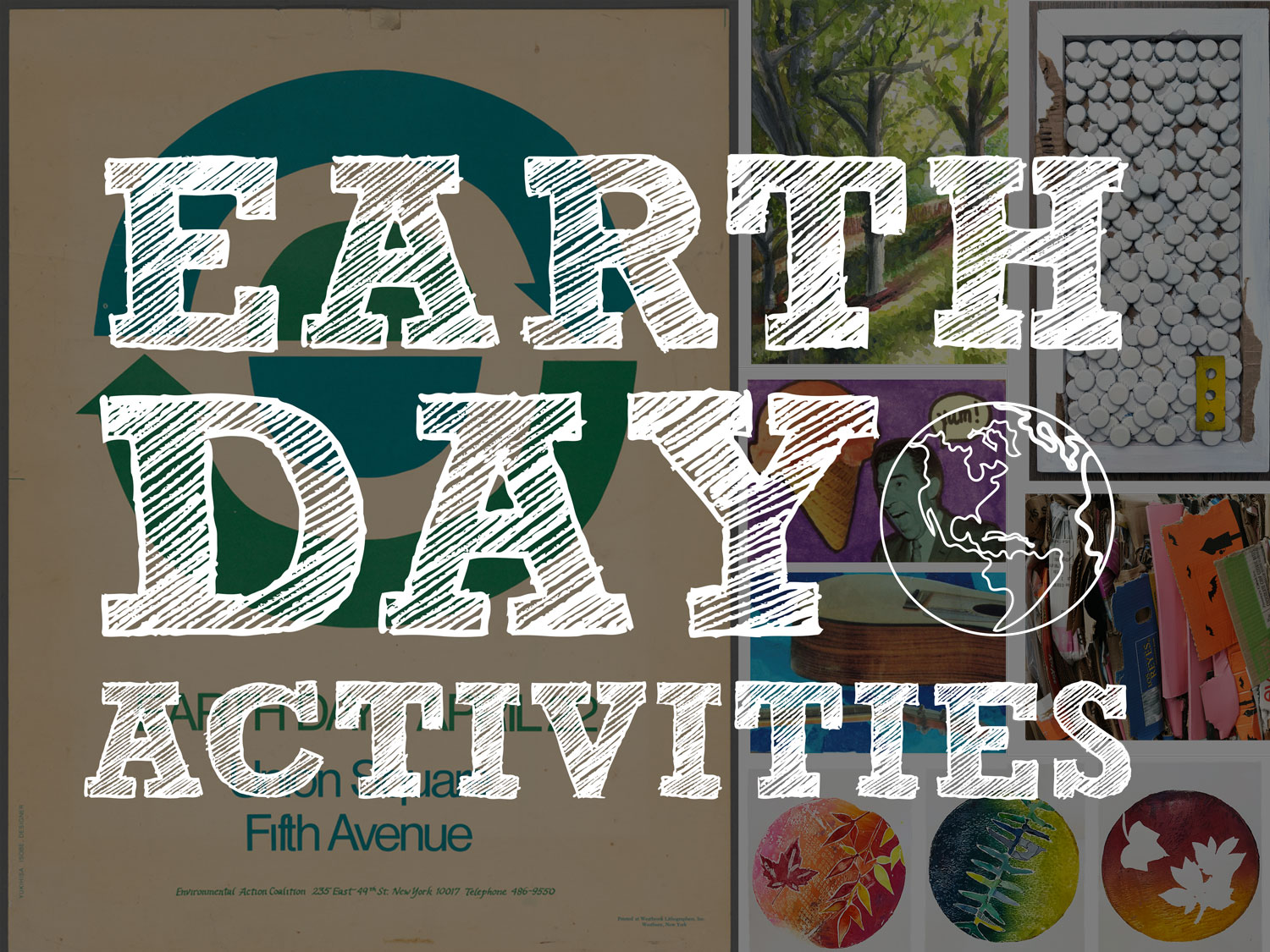
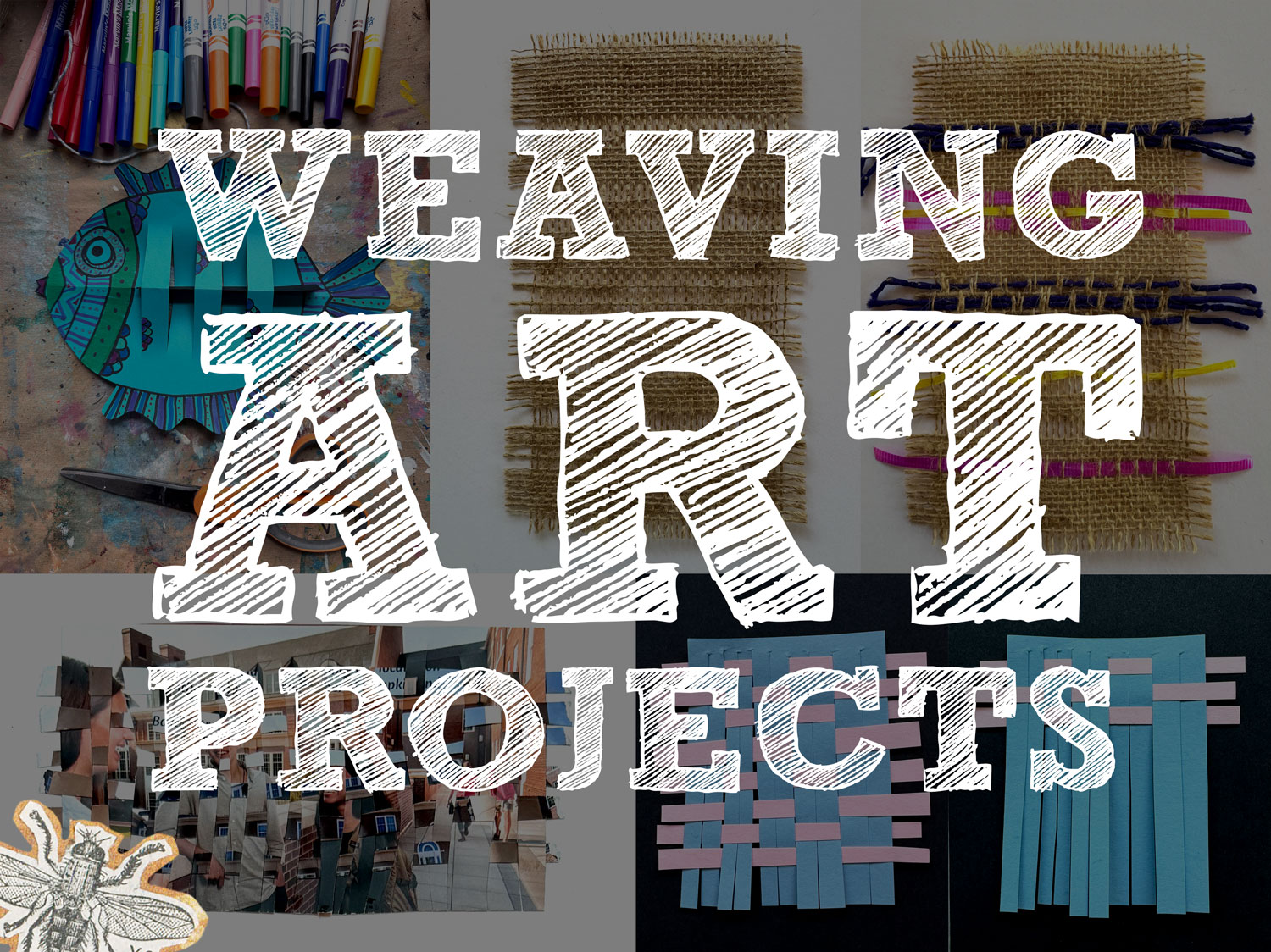

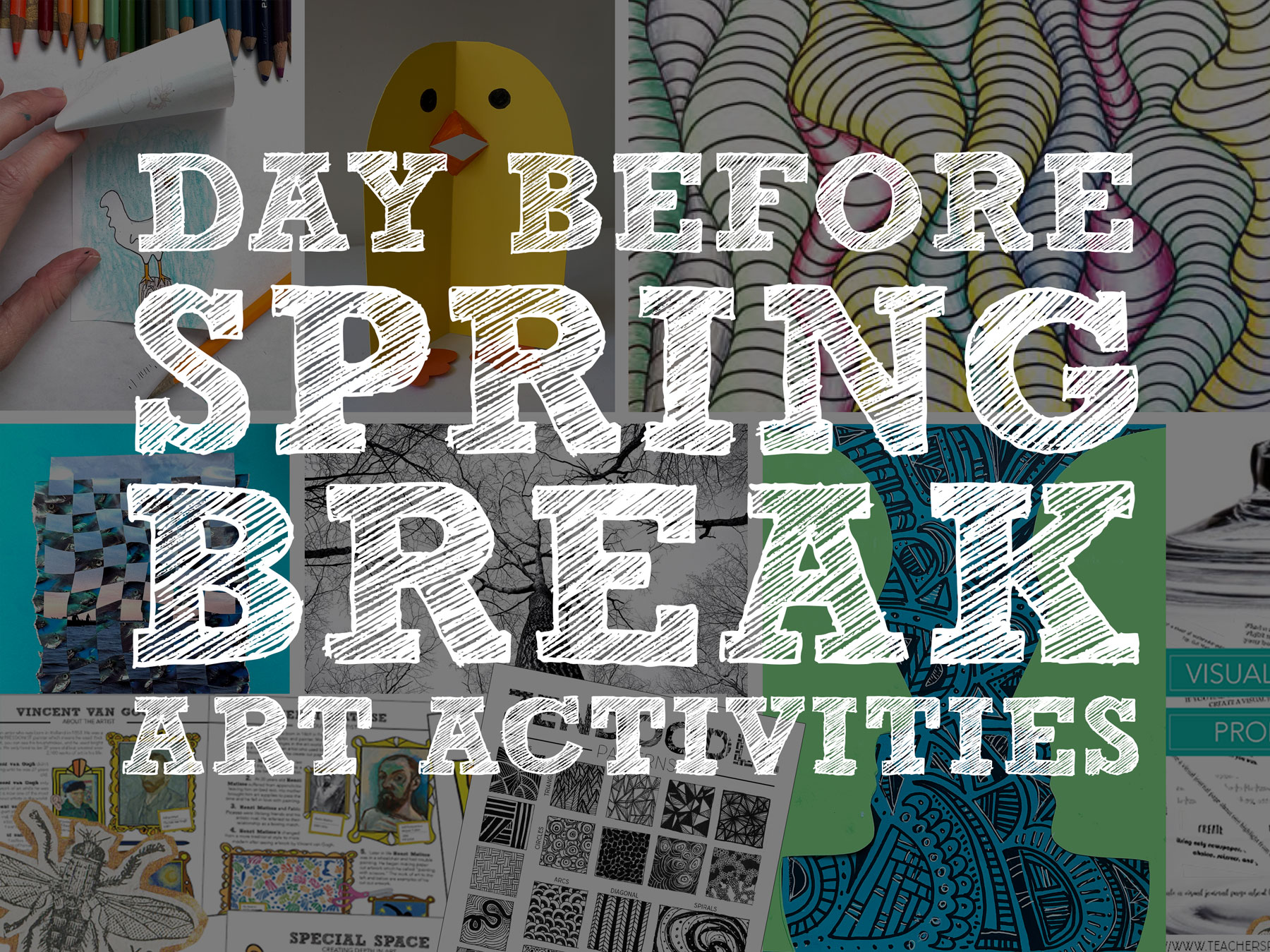

Leave a Reply